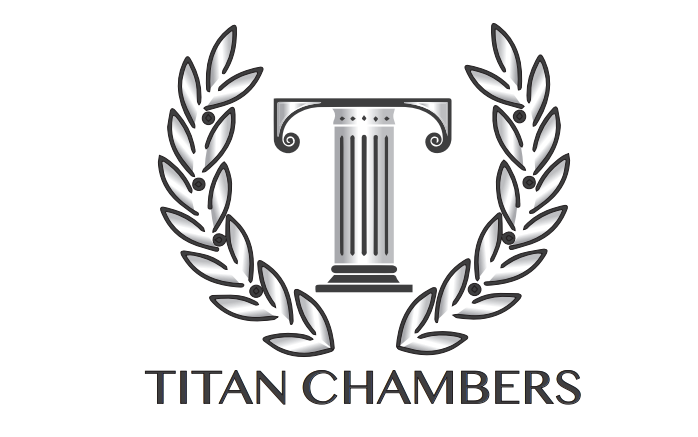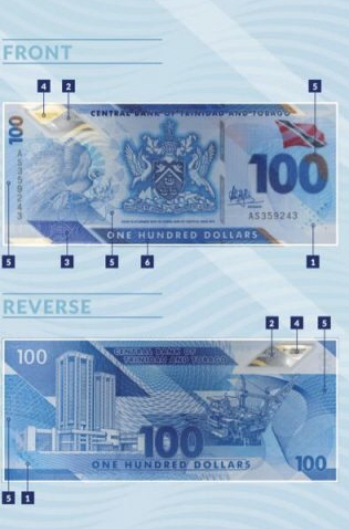On Friday 6th December, 2019 the Miscellaneous Provisions (Proceeds of Crime and Central Bank) Bill, 2019 was thrice read and passed in the House of Representatives.
At a special sitting of the Senate on Saturday 7th December, 2019, the Bill was passed therein – with no amendments.
Later that same day, Her Excellency Paula-Mae Weekes, President of the Republic of Trinidad and Tobago assented to the Bill, formally making it law.
As the Central Bank of Trinidad and Tobago highlighted in this morning’s press conference on the introduction of and the de-monetisation process for these new bills, the introduction of new money into the economy is usually a much longer process.
While highlighting that there has recently been an uptick in the forging of paper $100 notes recently, Governor and Chairman of the Board of the Central Bank of Trinidad and Tobago, Dr. Alvin Hilaire also made it clear that Trinidad and Tobago did not have have a huge problem of counterfeit money in its system. In terms of the rush to change over to new bills, he explained it as ‘getting ahead of the problem’.
Polymer $100 bills will be circulated to the public from 10th December, 2019.
Paper $100 bills will no longer be legal tender from 31st December, 2019. However, under section 27A (4) of the Central Bank Act, Chap. 79:02, persons who can prove that they were unable to redeem paper notes for a period of up to three (3) months after 31st December, 2019 may be allowed to redeem such where they prove that the delay was not the fault of the owner of the notes, or that there was a good or excusable reason for the failure to exchange the notes before the appointed day.
The Central Bank of Trinidad and Tobago also announced that there will be a new suite of polymer notes by the end of March 2020 – although the de-monetisation phase is not expected to be as curt as this current process.
#LawBites #PolymerCurrency #100PolymerBill
#TitanChambers #TeamTitan #lightersideoflaw

